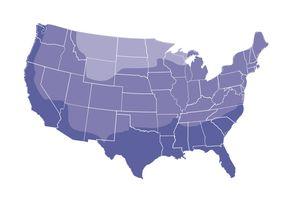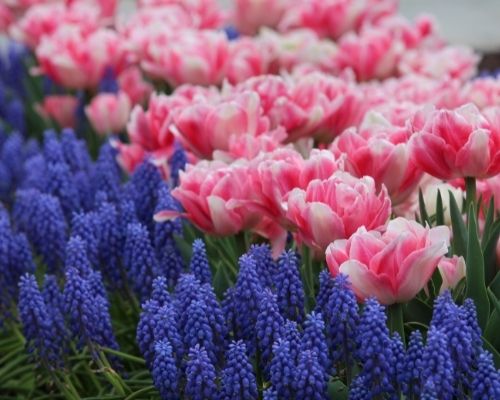Get Your Spring Garden Off to a Great Start
Here's where to learn about bloom times, sun and soil requirements, planting tips, and the best time to buy and plant spring-blooming bulbs.
Know Your Growing Zone
Most spring-blooming bulbs are winter hardy in all but the very coldest parts of the country. If you live in a hot climate, some types of bulbs will need to go through an artificial chilling period (in a refrigerator) before they will bloom. For best results, always be sure to choose bulbs that are appropriate for your growing zone. Click here to find your zone.
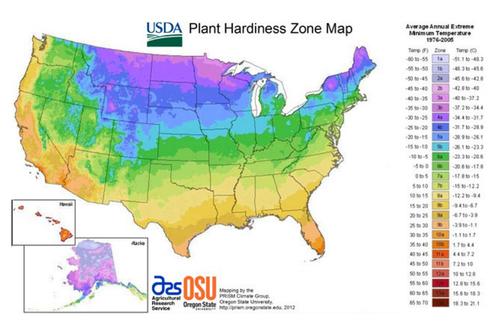
Bloom Time
The earliest spring-blooming bulbs, such as snowdrops and crocus, start flowering as soon as the ground thaws. Daffodils, tulips, hyacinths and others follow, with each type blooming at its own particular time. When choosing bulbs, consider bloom time as well as appearance. This will let you plan for a succession of colorful blooms that will span the entire spring season. See our bloom time chart HERE.
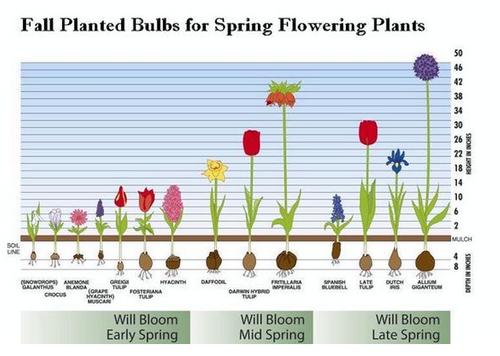
Flower Height
Spring-blooming bulbs come in many different heights. Short bulbs such as crocus and squill look best when they're planted in large numbers and can spread themselves around in lawns, under trees and beneath shrubs. Taller bulbs such as daffodils, tulips and alliums will rise above other plants and be seen from further away. When combining bulbs of different heights, you can put the tall ones in the back and the shorter ones in the front, or interplant them and let the smaller bulbs grow beneath the taller ones.
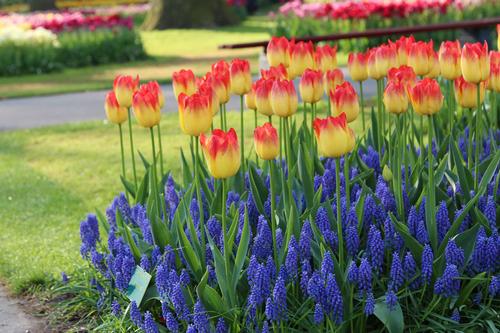
Soil Requirements
Spring-blooming bulbs are adaptable and not very particular about soil. That said, all bulbs grow best when the soil is loose and well drained. To improve drainage, you can lighten the soil by adding compost and peat moss. Planting on a slope can also be a good solution. Avoid areas where water pools, such as at the bottom of hills.
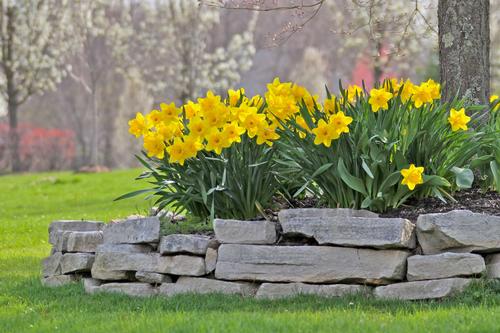
Sun and Shade
Bulbs that bloom in early spring usually grow well in both sun and partial shade. In most cases, they flower and die back before nearby trees and shrubs have filled out. When selecting bulbs, check the light requirements to make sure you can give them the right growing conditions.
FULL SUN locations get 6 or more hours of sunlight.
PART SUN locations gets 4-6 hours of sunlight per day.
SHADE locations receives less than 4 hours of sunlight per day.
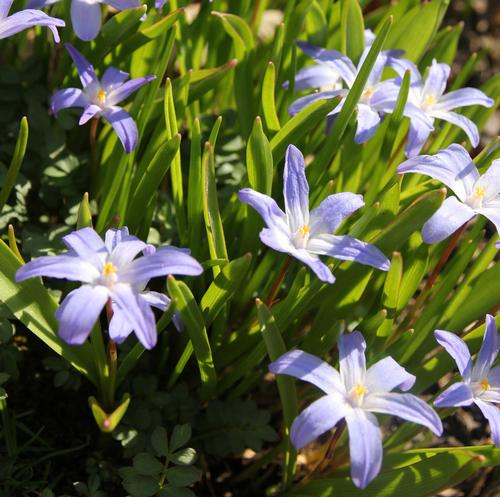
When to Purchase Spring-Blooming Bulbs
Fall bulbs can be ordered as soon as they are available on the Longfield Gardens website -- usually starting in July. Order early for best selection. We begin shipping bulbs at the end of September and shipping continues through November. Bulbs prefer being planted into cool soil. You can plant them anytime after the first frost and before the ground freezes.
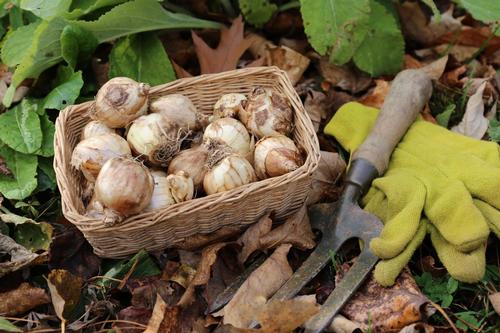
When to Plant Your Bulbs
Light Purple areas should plant September-October
Medium Purple should plant September-November
Dark Purple areas should plant October-November
